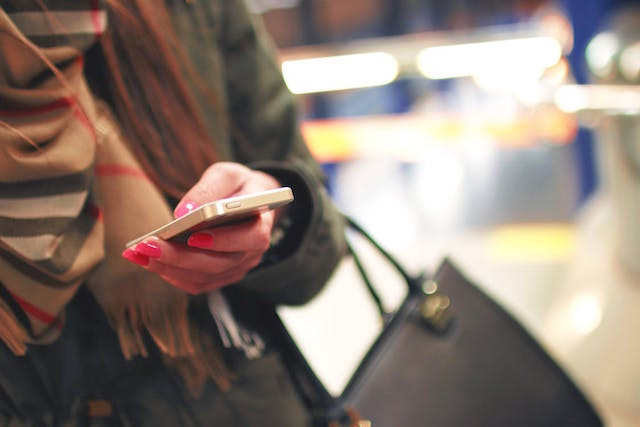In a joint response to a parliamentary question, communication and media minister Xavier Bettel and interior security minister Etienne Schneider said, however, that of all the complaints, none were investigated in this specific context.
“Generally speaking, the police have noticed an increase in these types of scams,” the ministers wrote.
How does it work?
The ping call phenomenon involves the victim receiving a call on their mobile phone. The caller hangs up before they answer. Since the number often appears to be local or from the same country as the victim, more often than not, they will call the number back. When they do, they incur a hefty bill because the number is usually registered abroad.
Yves Cruchten, who asked the questions, mentioned the system in Germany where phone operators are obliged to inform customers of the cost before calling a number. They have also compiled a list of reported ping phone numbers for which customers will be reimbursed by the operator if they are scammed.
“In Luxembourg, no such legal basis exists, and as a result, the ILR (regulatory body) is not able to intervene with telecommunications providers,” the ministers wrote.
They added that once Luxembourg adopts the e-Privacy directive and European electronic communications code, this should strengthen the ILR’s powers.
They urged ping call victims to register the matter with their phone providers, and if they do not reimburse the victim, they should then escalate the matter the the ILR.
The ministers added that operators can block suspicious numbers when they are informed, and urged prudence on the part of citizens when receiving a call from a number they do not recognise.
